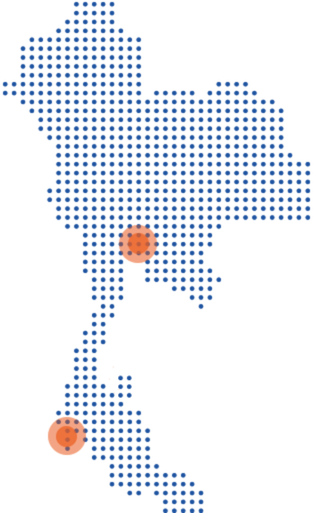How FRANK Legal & Tax Can Assist You – Real Estate & Construction
Are you thinking about buying or selling a property in Thailand? FRANK Legal & Tax specialises in handling real estate transactions across the Kingdom of Thailand and overseas. The real estate legal services we provide include: Real estate due diligence Do you want more information about the land or property you intend to purchase in…













